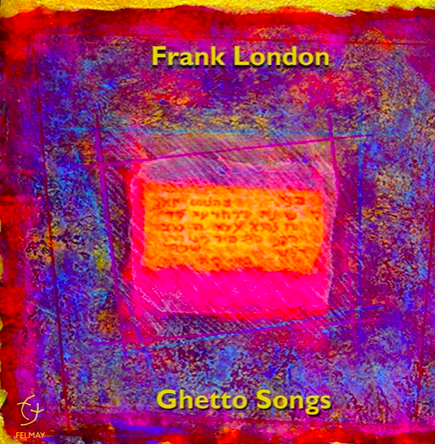

Copia Sullam immediately removed one p from her name, thereafter spelling it Copia or Copio. Despite his monasticism, Cebà wrote to her that like the two p’s in her name, Coppia, which means “couple,” in Italian, they could be a Christian couple together, presumably in heaven after their deaths. Though they never met, their communication became intimate, sometimes including allusions to courtship, romance, and sexuality. This would begin a long term correspondence between the two writers, during which they would exchange pictures, sonnets, and gifts. Cebà wrote back with the wish to continue their correspondence, and also a desire to have her convert to Christianity. In a letter, she professed to him her spiritual love for him and said that she slept with his book under her pillow and always carried it with her.

In 1618, Copia Sullam read L’Ester, an Italian drama by Ansaldo Cebà (1565–1623), a Genoese monk and author. She married Jacob Sullam, a prominent Jewish Venetian businessman, sometime between 16. Sarra was educated in the basics of Jewish and Italian culture, and was most likely learned in several languages, including Hebrew, Latin, and Greek. Her parents were Simon and Ricca Copia, and her sisters were Rachel (Diana) and Esther (Ster).

Sarra Copia Sullam was born to a prominent Italian Jewish family in Venice around 1592.


 0 kommentar(er)
0 kommentar(er)
